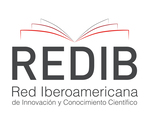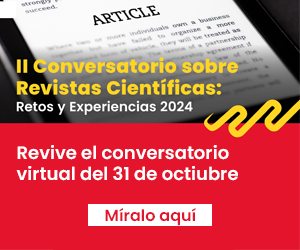When creating Synergy is not always Health: Analysis and Proposal on the Evolution of the Health System in Peru
DOI:
https://doi.org/10.20453/rmh.v31i1.3730Keywords:
Primary health care; national health systems; intersectoral collaboration; organization and administration; PeruAbstract
Health systems, based on primary care principles, understood as first contact and continuous, comprehensive, integrated, and coordinated healthcare, achieve better results and greater equity in health than systems with a focus only on specialized care. The proposal of Integrated Health Networks (RIS) in Peru indicates that they will operate through a portfolio of comprehensive healthcare in networks, which meet the needs of the population. This review article recognizes that for this, a process of modifying the health system based on Primary Care should be promoted, acknowledging the lessons learned, identifying the values and principles that generate the foundations for the development of state health policies focused on national priorities so that social changes must respond to the needs and expectations of the population. This should promote changes in legislation, in evaluative criteria, in the generation and allocation of resources, in performance approach and in the operation of the health system through its organizational and functional components that allow an adequate organization of health policies, programs and services. The development of RIS in larger cities requires changing the focus on mother-child provision towards an integrated approach based on the epidemiological, risks and vulnerabilities profile, having as a driving engine, a robust integrated referral and counter-referral system (emergencies, outpatient, and hospitalization). A model of care must be updated and approved, modeling the structure, adapting the current infrastructure, human resources, equipment and operational processes (operations) within the certified and adequate health facilities of the RIS.
Downloads
Downloads
Published
How to Cite
Issue
Section
License
Authors assign their rights to the RMH so that may disseminate the article through the means at their disposal. The journal will provide forms of affidavit of authorship and authorization for the publication of the article, which shall be submitted with the manuscript. Authors retain the right to share, copy, distribute, perform and publicly communicate their article, or part of it, mentioning the original publication in the journal.



















